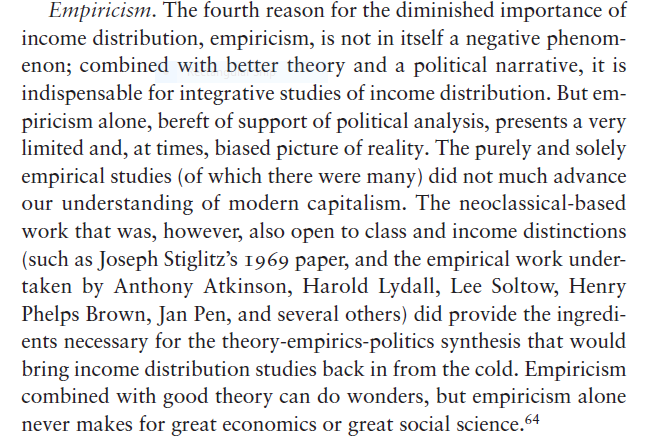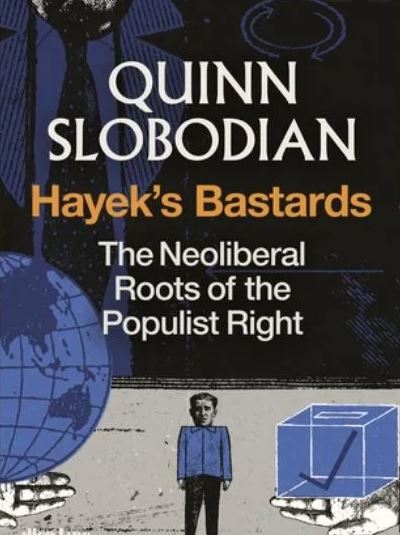Serbian translation (on which there were several variants) ended up being exactly the same as the original including the comma. 

Hungarian translation is also the same as the original title although the two words are inverted: "Alone" comes first. 

And I missed a few: Japanese & Korean. I have the Japanese translation at home; its cover page is very elegant with a silver trim on the top and bottom.
• • •
Missing some Tweet in this thread? You can try to
force a refresh



















